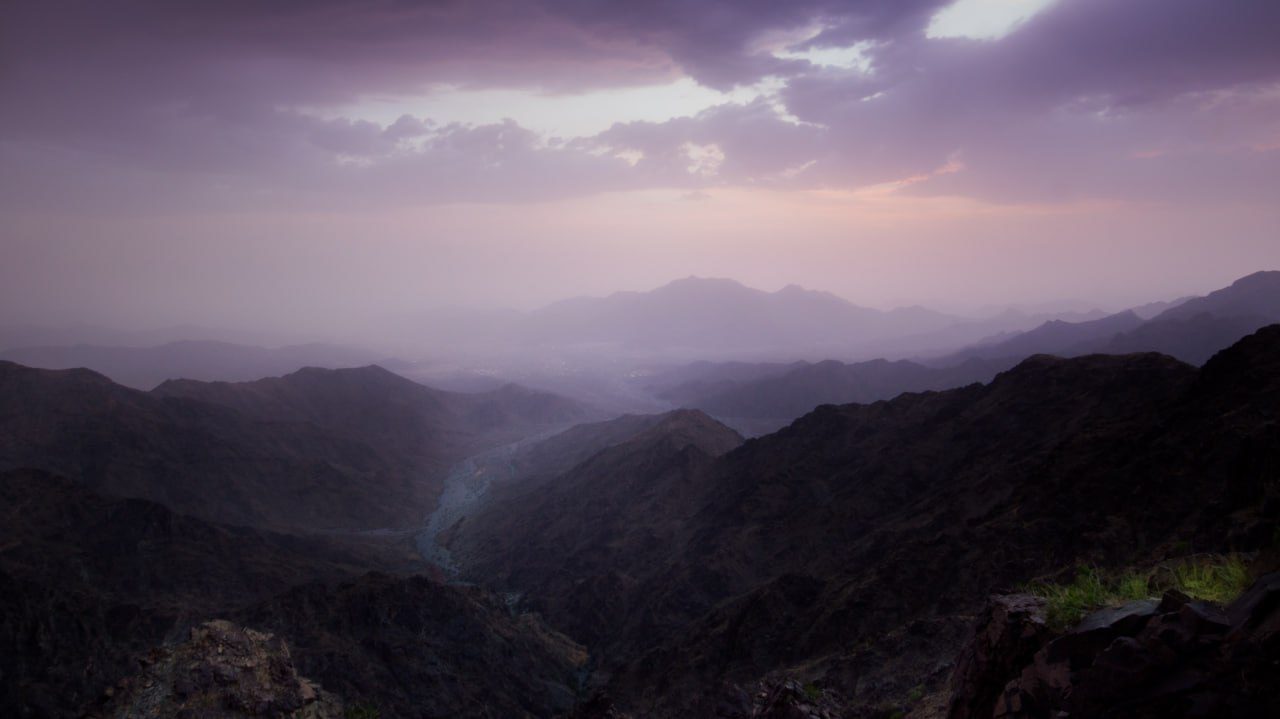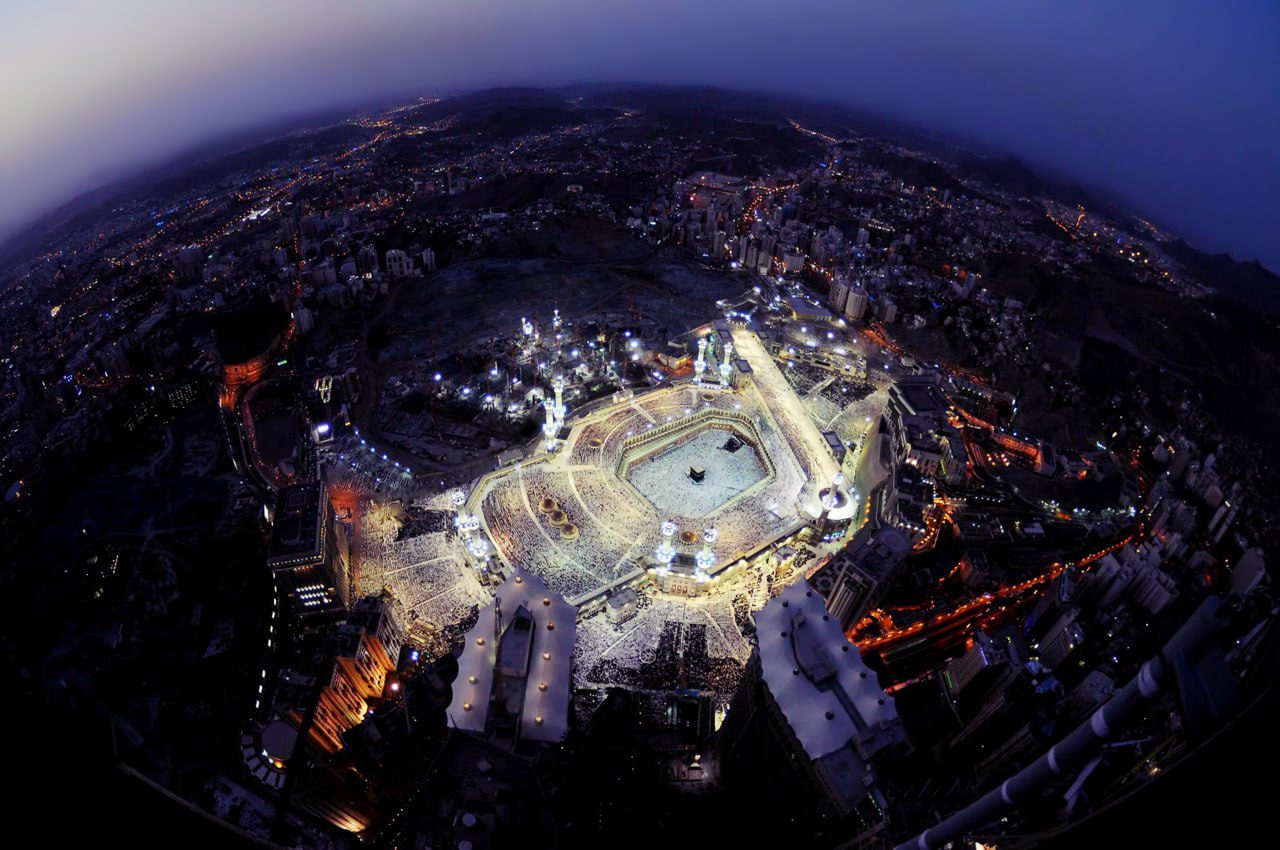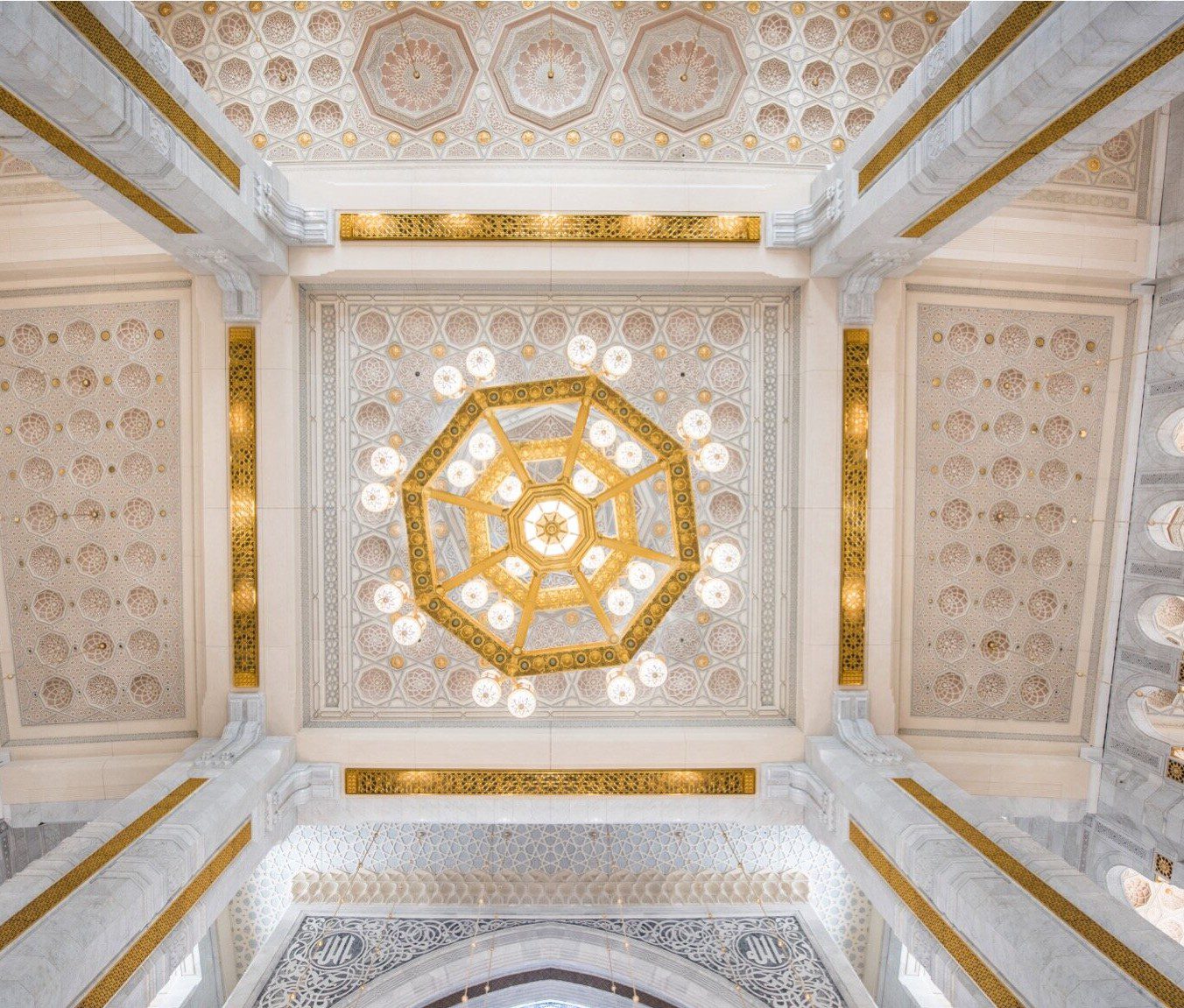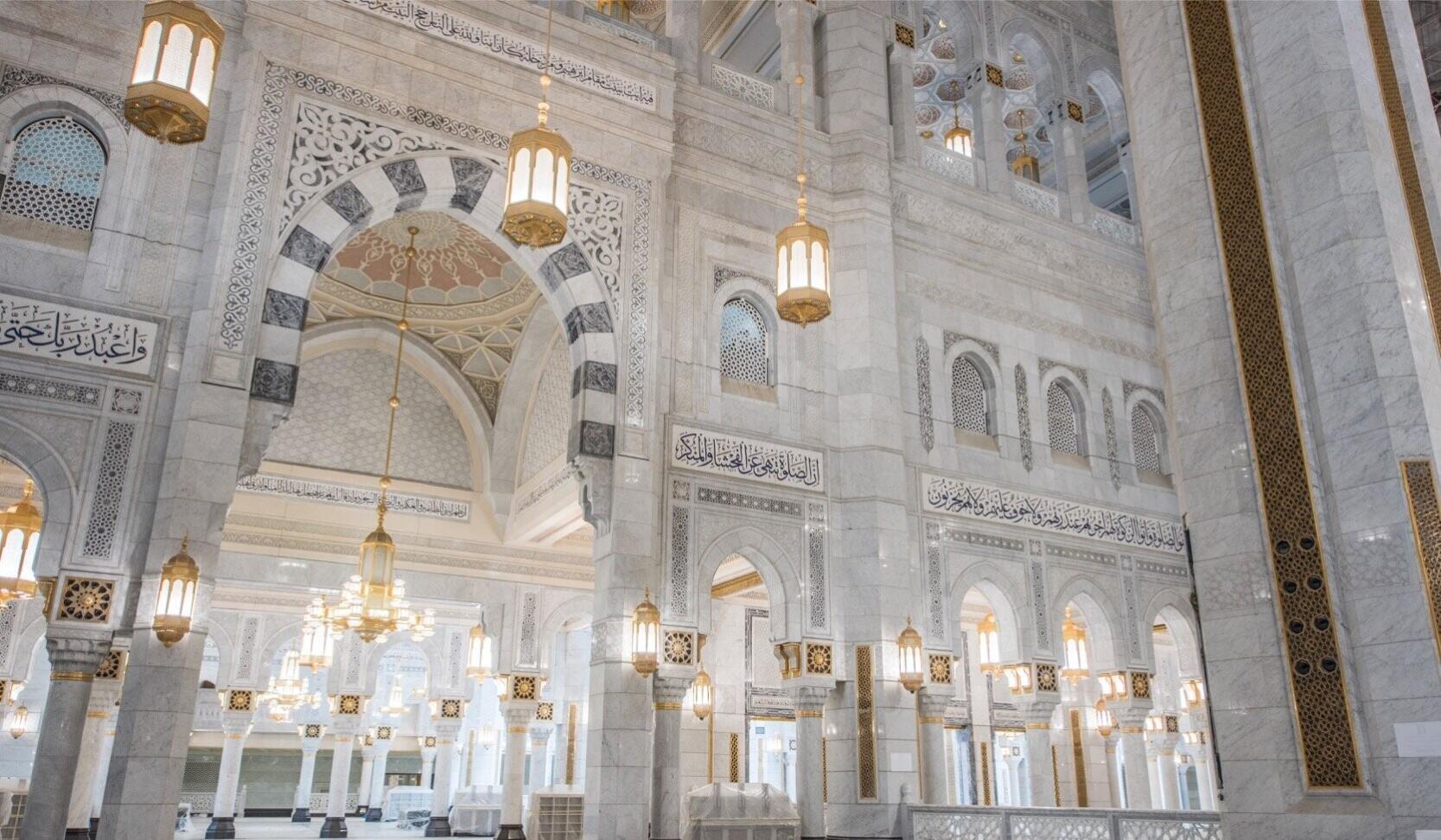Upon reaching Muzdalifah, the Prophet ﷺ dismounted his camel, performed wuḍūʾ and Bilāl (raḍiy Allāhu ʿanhu) called the adhān. The Prophet ﷺ and his Companions (radiy Allāhu ʿanhum) then combined Maghrib and ʿIshā’. He did not offer any sunnah prayers in between them. He slept in Muzdalifah until just before dawn, leaving out the tahajjud prayers (which he never normally missed) so he could rest his body after a long day of worship and prepare for the busy day ahead.
Act: Go to sleep as soon as you have settled in Muzdalifah and prayed ṣalāh. Don’t socialise or exert yourself in ʿibādah as you will need energy for the long day ahead.
The Secrets of Spending the Night at Muzdalifah
1. Detach your heart from the world. Spending the night at Muzdalifah makes you realise that you can survive without the luxuries of this world.
2. Remind yourself of the hereafter:
a. Seeing the hundreds of thousands of pilgrims, all wearing simple white clothes, lying and sleeping on the dusty ground, right next to each other, is a reminder of the grave. Your status, your wealth and your power will not follow you there. In the end, it’s just you, the dust, and your deeds.
b. The adhān of fajr which will awaken you serves as a powerful reminder of when the trumpet will be blown, raising you from our grave for the Day of Judgement.
3. Focus on Allah. Ḥajj teaches you to navigate different conditions in life; from the comfort of 5-star hotels, to the simplicity of tents in Minā, to sleeping under the open sky on the ground in Muzdalifah. However, your priority is always Labbayk: focusing on Allah. This will equip your heart to remain focused on Allah ﷻ in every scenario in your life; whether you’re in deep difficulties or extreme luxury, your focus should be Allah ﷻ.
Reflect: How do you deal with difficulties in your life? Do you constantly complain or is your focus your Lord?
4. Make constant dhikr. Allah, in His infinite mercy, cares for our physical well being by allowing us to rest at night in Muzdalifah. Following this, He reminds us to take care of our spiritual state through His remembrance and duʿā’: “…Remember Allah near al-Mashʿar al-Ḥarām (the sacred place – Muzdalifah) and remember Him, as He has guided you, for surely before it, you were among the astray” (2:198).
Reflect: On a daily basis: how much attention do you pay to your spiritual nourishment?
5. Thank Allah for guiding you, for allowing you to experience the sweetness of īmān and for granting you this once-in-a-lifetime opportunity. It is truly an honour which should fill your heart with gratitude to Him: “…And remember Him, as He has guided you, for surely before it, you were among the astray” (2:198).
6. Seek forgiveness. Allah ﷻ says,
ثُمَّ أَفِيْضُوْا مِنْ حَيْثُ أَفَاضَ النَّاسُ وَاسْتَغْفِرُوا اللّٰهَ إِنَّ اللّٰهَ غَفُوْرٌ رَّحِيْمٌ
“Then depart from the place where the people depart from, and seek Allah’s forgiveness. Indeed Allah is All-Forgiving, Most Merciful” (2:199).
In the āyah above, you are told to seek forgiveness for the shortcomings in your worship and to humble your soul. You are merely one among a vast sea of servants. So if, at any moment, arrogance, self-admiration, or pride begins to creep in, seek forgiveness immediately as self-satisfaction is one of the biggest traps of Shayṭān.
Standing (Wuquf) in Muzdalifah
The Prophet ﷺ performed fajr at its beginning time. He then mounted his camel and went up to Mount Quzaḥ. He faced the qiblah and lifted his hands. He praised Allah, recited the talbiyah and made duʿā’ until just before sunrise (for about an hour), in obedience to Allah’s command:
فَإِذَآ أَفَضْتُم مِّنْ عَرَفَـٰتٍ فَٱذْكُرُوْا اللّٰهَ عِنْدَ الْمَشْعَرِ الْحَرَامِ وَاذْكُرُوْهُ كَمَا هَدَىٰكُمْ وَإِنْ كُنْتُمْ مِّنْ قَبْلِهِۦ لَمِنَ الضَّآلِّيْنَ
“…When you surge down from ʿArafāt, remember Allah near al-Mashʿar al-Ḥarām (the sacred place – Muzdalifah) and remember Him, as He has guided you, for surely before it, you were among the astray” (2:198).
The Prophet ﷺ asked his young cousin, al-Faḍl b. ʿAbbās (radiy Allāhu ʿanhumā) to pick seven small stones for him in Muzdalifah, and then raised them to show the people how the pelting should be done. He then left Muzdalifah just before sunrise.
The Secrets of Standing in Muzdalifah
Standing in Muzdalifah is an important rite of ḥajj and a truly blessed gathering. It completes the standing at ʿArafah, and is a special opportunity for your duʿāʿs to be accepted.
Perform fajr at its beginning time. Then stand, face the qiblah and raise your hands in making duʿā’ until just before sunrise. Praise Allah, declare His Oneness and repeat the talbiyah.
Depart for Minā before sunrise and on your way to Minā, engage in dhikr, duʿā’ and the talbiyah as these are blessed moments.
As you stand in Muzdalifah, keep the following in mind:
- Appreciate Allah’s generosity. From His mercy, Allah gives you another chance to stand (wuqūf) and engage in intimate conversation with Him. Many people miss out on this opportunity and rush to Minā.
- Humble yourself and make duʿā’ in the best way possible.
- Remember that Allah will always destroy the oppressors. The Prophet ﷺ stood on Mount Quzaḥ. He clarified that although he had stood there, all of Muzdalifah was the ‘mawqif: place of standing.’ He then told the Companions to avoid Wādī Muḥassir, the valley where Abrahah’s elephant refused to move. The Prophet ﷺ hastened his pace through this area, as he did not want to be in a place where Allah’s punishment had descended.
- Disassociate yourself from the shackles of disbelief. The polytheists would depart from Muzdalifah after sunrise. The Prophet ﷺ contradicted them and set off before sunrise (Bukhārī).






